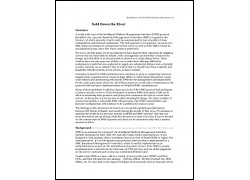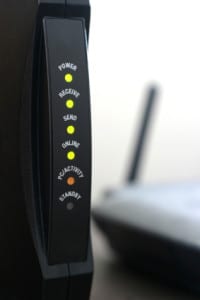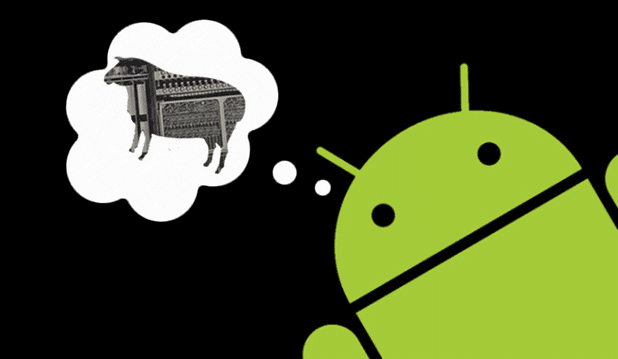It has been almost a year since security researcher Dan Farmer first warned of the danger posed by Intelligent Platform Management Interface (IPMI) – a ubiquitous protocol used to do remote management of servers. According to a new report, however, that warning went unheeded. Writing last week (PDF), Farmer said that a world-wide scan for systems using the Intelligent Platform Management Interface (IPMI) protocol identified over 230,000 Baseboard Management Controllers (BMCs) exposed to the Internet. As many as 90% of the exposed systems could be compromised by exploiting what Farmer characterized as “basic configuration and protocol weaknesses.” Even more worrying, the 230,000 systems that are Internet accessible are probably just a fraction of all the vulnerable systems that might be attacked, with many deployed on (hackable) corporate and private networks. Farmer is reiterating calls for public and private sector organizations to wake up to the dangers posed by IPMI. Hackers who are able to compromise Baseboard Management […]
Security of Things Forum
Report: Hell is Unpatched Systems
One of the ‘subplots’ of the Internet of Things revolution concerns embedded devices. Specifically: the tendency of embedded devices to be either loosely managed or – in some cases – unmanageable. The future holds the promise of more, not fewer of these. That’s the gist of a piece I wrote for InfoWorld, and that you can read here. In short: we’re already seeing the beginning of a shift on the threat landscape. While attacks against traditional endpoints (like Windows desktops, laptops and servers) are still the norm, there are more stories each day about cyber criminal groups and malicious actors who are compromising non-standard endpoints like home wifi routers. In March, for example, the security consultancy Team Cymru identified a botnet consisting of some 300,000 compromised home routers and other in-home devices. The virus called “TheMoon” was also identified spreading between vulnerable home routers and other embedded devices. The […]
Dan Geer Keynote: Security of Things Forum
The following is a transcript of a speech given by Dr. Dan Geer at the Security of Things Forum on May 7, 2014. The Forum was held at The Sheraton Commander in Cambridge, Massachusetts. The official copy of Dr. Geer’s speech lives on his web site, and can be found here. .Security of Things .Dan Geer, 7 May 14, Cambridge Thank you for your invitation and to the other speakers for their viewpoints and for the shared experience. With respect to this elephant, each of us is one of those twelve blind men. We are at the knee of the curve for deployment of a different model of computation. We’ve had two decades where, in round numbers, laboratories gave us twice the computing for constant dollars every 18 months, twice the disk drive storage capacity for constant dollars every 12 months, and twice the network speed for constant dollars every […]
Blade Runner Redux: Do Embedded Systems Need A Time To Die?
The plot of the 1982 film Blade Runner (loosely based on the 1968 novel Do Androids Dream of Electric Sheep by Philip K Dick) turns on the question of what makes us ‘human.’ Is it memories? Pain? Our ability to feel empathy? Or is it merely the foreknowledge of our own certain demise? In that movie, a group of rebellious, human-like androids – or “replicants” – return to a ruined Earth to seek out their maker. Their objective: find a way to disable an programmed ‘end of life’ in each of them. In essence: the replicants want to become immortal. It’s a cool idea. And the replicants – pre-loaded with fake memories and histories – pose an interesting philosophical question about what it is that makes us humans. Our artificial intelligence isn’t quite to the ‘replicant’ level yet (the fictional tale takes place in 2019, so we have time). But some […]
No Silver Bullet For Securing The Internet Of Things
On Wednesday we wrapped up the first-ever Security of Things Forum (SECoT) here in Boston, which was a great success. During a full day of talks and panel discussions, there was a lot of discussion – both on the stage and in the audience. Here are some (high level) take aways from the event: The Internet of Things will be different – really different The combination of technologies that we refer to as the Internet of Things is going to be transformative in ways that are profound. As I said in introductory comments: I see the net effect of this next phase of the Internet as being a leap forward, rather than incremental change – less “invention of the printing press” and more “invention of writing and counting systems.” Like Internet v.1, the exact direction that the Internet of Things will take is unclear. What is clear is that it […]




